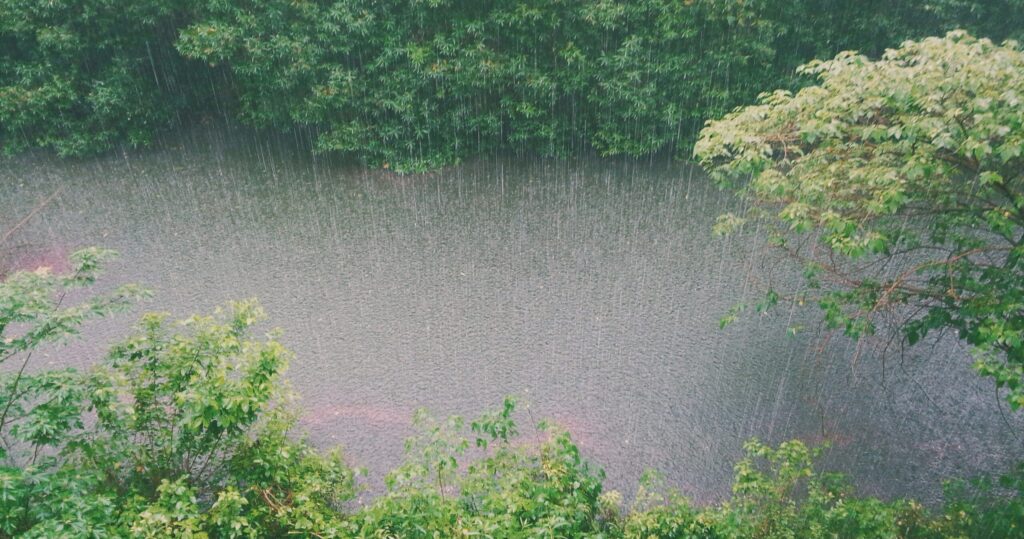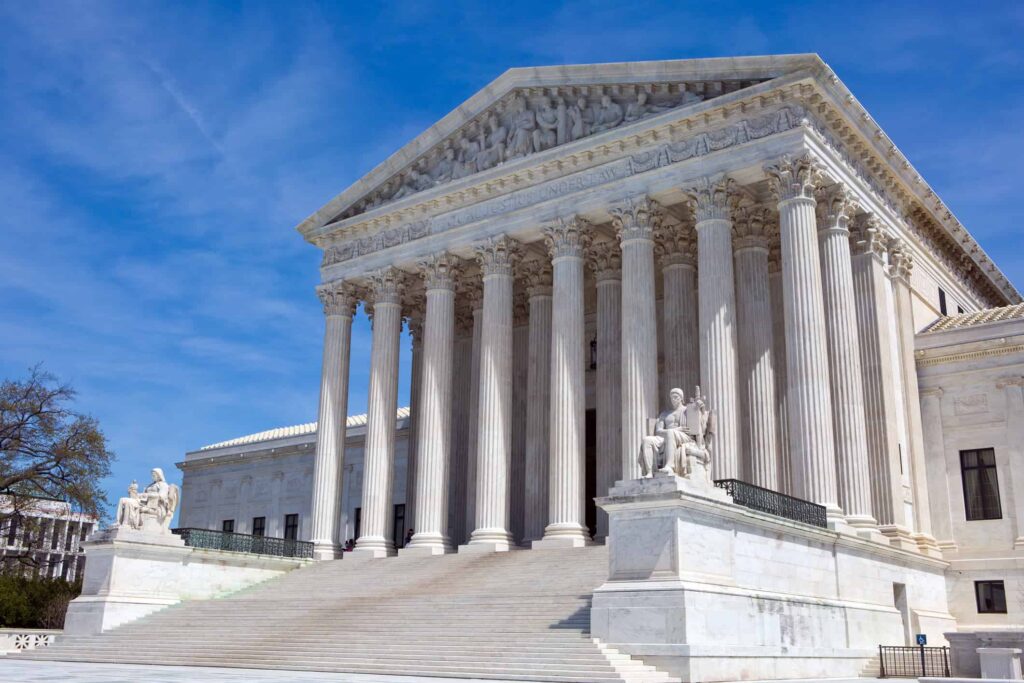In the National Post Kelly McParland says “The world is awash in reports of catastrophes attributed to climate change. Floods in Europe…. Why won’t we listen?” And if you’re itching to say “because those reports are wrong about the cause or even the data” don’t waste his time. Rather, he thinks most people are sold on the alarmism, they just “doubt… the ability of those supposedly in the know — the politicians, activists, campaigners and professional doom merchants — to identify workable and practical solutions and put them into effect.” Oh, and “They also don’t have much trust in a media that seems addicted to hysteria and shockingly immune to ideas they don’t hold. Years of experience support their doubts.” Gee. We wonder why.
McParland insists that “while the science may be legitimate, the politicians and activists offer little reason to deserve our trust” and skewers them for their lavish conferences, private jets and inflated rhetoric. And he’s half right. They are very good at talk, and very bad at action. Including noting that “California is a good example. There may not be a more woke place on Earth than the largest American state… and has the wealth and population to wield real clout. Yet it persists in letting people build homes in dried-out forest areas where fire is a constant danger, and complains about drought while devoting oceans of water to almond farms and vineyards owned by the same celebrities who urge lesser souls to lower their carbon ‘footprint.’ The biggest wildfire in the state’s history wasn’t caused by climate change…” Despite which he’s certain the debate is over. It’s just that “The trick is to figure out how to cut emissions from those sources without crippling the economies they underpin. So far, no one has found the key.”
Possibly they haven’t looked very hard because they know it’s not somewhere nice. McParland himself says “Killing all the cows and sheep, shutting down (or blowing up) pipelines and banning oil production might work, but nobody outside the most demented extremists seriously wants to try.” And his actual solution is… is… hey wait a minute. The column just ended by saying politicians and activists have “been leading the climate parade in aimless circles for decades, forever exhorting the crowd to join in. You have to wonder why they still suppose people would take them seriously.”
Here McParland overlooks, and one might even suggest contributes to, a much deeper problem. Writing in The Wall Street Journal, Tunku Varadarajan cites noted science writer Matt Ridley’s distinction between “science as a philosophy” and “science as an institution”. When people like President Biden say “I believe in science”, and when McParland says “the science” is legitimate, they don’t refer to the process of rational inquiry attempting to disprove hypotheses. They refer to an orthodoxy enforced by scorn and ritual humiliation of dissenters, something ordinary people find distasteful for obvious reasons including its hypocrisy.
For our money alarmists who claim to “believe in science” would be taken more seriously if they were more serious about actual data on wildfires, floods, hurricanes and indeed temperature. Including admitting that not all the trends are hockey sticks. But even if that suggestion is too much to ask at this point, it would be nice, if after telling us the planet is ablaze, they could point to a working fire extinguisher or at least tell us which corridor it’s meant to be in.
Here we don’t have in mind the New York Times “Climate Hub” saying “Science says that global warming can be slowed if we reduce greenhouse gas emissions sharply. But good intentions mean nothing unless they’re backed up by a plan. As world leaders gather in Glasgow for consequential climate change negotiations, join us at The New York Times Climate Hub for nine days of live journalism, thought leadership and ideas that inspire action, in person and online.”
What we had in mind was things like the reader who mentioned the latest EU pledge to cut emissions 55% from 1990 levels by 2030 and asked us when emissions were last at that level. Which you’d think would be part of the debate on practicalities, including the degree of sacrifice being required. But it’s not, partly because sacrifice is too often taboo in that debate. So we checked and, no, they’re not aiming to get back to when Stonehenge was built (which since you ask was during the Minoan Warm Period, with temperatures well above today’s and atmospheric CO2 well below). But it’s quite a while ago: globally the answer is roughly 1963, while for the EU it’s about 1958.
Now consider the standard of living in 1958 and also the population. Because to get to 1958 emissions with a higher population, you’d have to have fewer emissions per capita and, correspondingly, less stuff. McParland noted that the COVID lockdown had a huge impact on emissions but at intolerable cost (though he doesn’t mention that it had no impact on atmospheric CO2, bringing into question the notion that humans are causing that increase in a simple, linear fashion).
Of course technology has improved mightily since 1958, when most Europeans didn’t even have washing machines or televisions. And part of the improvement is greater energy efficiency. So we’re not talking about having 450 million people living at a quarter of the level of prosperity that 350 million did then. More like half the level, probably. And without having to furnish your home entirely with 1956 toasters and fridges full of CFCs. (Although curiously we might get pushed back to those clunky old electric stoves from modern natural gas ones, something chefs are apparently discovering with horror that is shaking the city councils of the wise.) Still, it’s quite the sacrifice and should be discussed openly.
Mind you, that’s just the EU. Unsurprisingly, for Africa the figure is more recent. But the sacrifice, nevertheless, would be far greater there. African GHG emissions were at about 45% of 1990 levels in 1970. But its population has roughly quadrupled since then, in part because that continent has been the scene of some of the most encouraging very recent emergence from extreme poverty including plunging infant mortality rates. To ask them to go back is to ask many of them to die. Which also ought to be discussed openly.
Instead of doing so, Green New Deal proponents promise us more and better jobs, an end to inequality, and more flavourful snacks. (And predictably associate climate change with all the other things they hate; for instance the Guardian’s piece by a trade union official “The UK’s summers are getting hotter – and that puts low-paid workers at risk”.) And then wonder why nobody’s listening to their self-parody. And why, despite articles like McParland’s, the truth is that if you get regular people to talk frankly about climate change, you find that a huge number of them don’t believe there’s a crisis. They’ve just been talked over by the chattering classes, who’ve won a very hollow victory in the process.



In that NP article I left a comment and this link: https://cei.org/blog/wrong-again-50-years-of-failed-eco-pocalyptic-predictions/
Young people are especially fooled by climate alarmism. Older folks got their information from books and newspapers and magazines rather than the TV and are skeptical because they've seen all those headlines before. They know that such stuff is written (or broadcast) to sell magazines or gain viewers, because that's when the advertising revenue really flows in. It's not science at all. The populace increasingly distrusts the media, knowing that lies, exaggerations or omission of critical facts are standard operating procedure now. And if we can't be told the truth, the whole truth and nothing but the truth, we must ignore them.